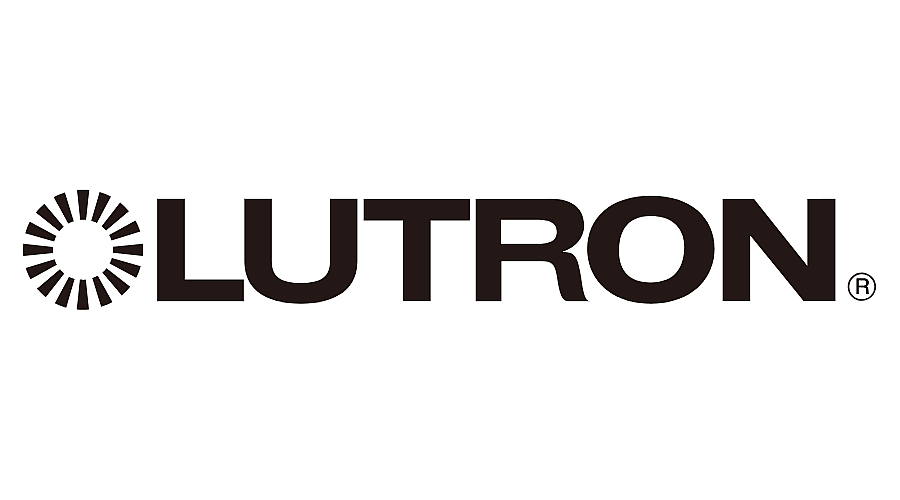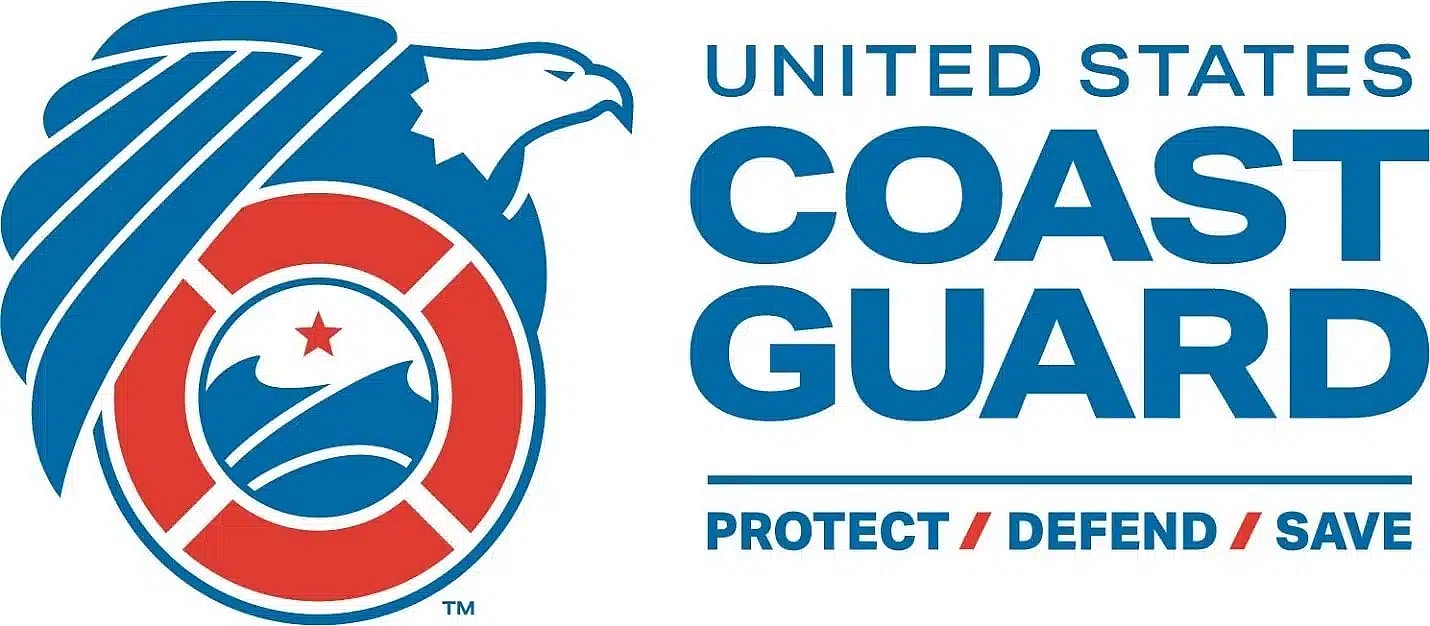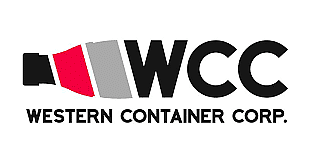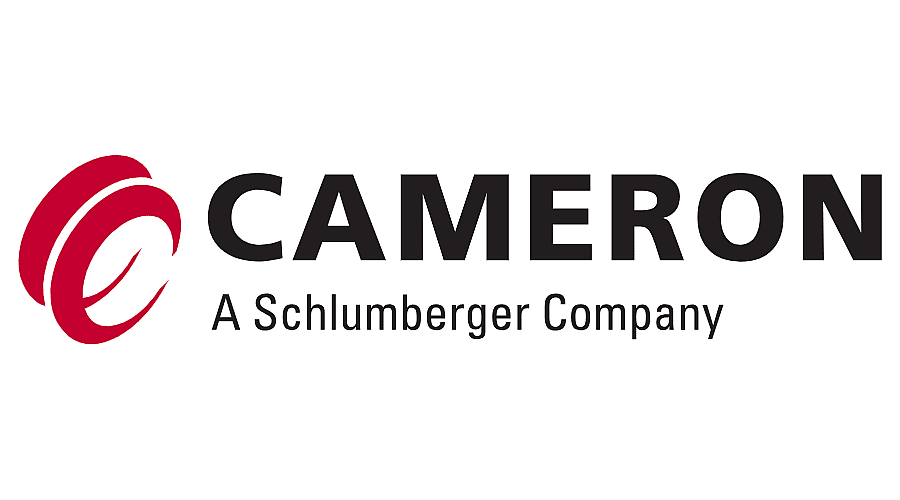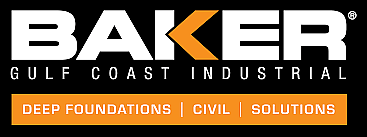How to Protect Your Equipment from Corrosion
Corrosion is more commonly known as rust. Rust can affect any metal surface and is most prevalent in equipment exposed to regular snow, water, or other corrosive elements. Corrosion results when the metal has a chemical reaction with its environment. For example, when water touches a metal surface, such as heavy equipment in a worksite, the two materials share electrons. This process results, ultimately, in iron oxide, or rust. This is why equipment used in wet or damp areas is more susceptible to corrosion. Since water is often unavoidable in most job sites, check out this guide on how to protect your equipment from corrosion.
Avoid contact with water
If at all possible, avoiding exposure to water for your equipment is the best way to prevent corrosion from forming on your items. Many times, however, job sites reside in areas where moisture is unavoidable. There could be humidity, water leakage, rain, snow, groundwater, and other factors that may contribute to the development of corrosion.
Barrier coatings
Barrier coatings are another option for protecting your equipment from corrosion. You can use paint, plastic, or powder to coat all your equipment’s metal surfaces. These barriers protect the metal from the electrochemical charge that comes from the corrosive compounds. One issue many find with this method is they need to repair or replace the coatings regularly. This is possible through the process of stripping and reapplication which can be tedious.
Cathodic protection
Cathodic protection protects your equipment, specifically, from galvanic corrosion. This is what occurs when two metals come together and experience contact with a corrosive electrolyte. A close interval survey will tell you the cathodic protection status for your entire structure. Cathodic protection improves employee safety and protects the health of your site and infrastructure by taking a long-term approach. You should conduct close interval surveys every five years to ensure the best possible insight into your corrosion risks.

















